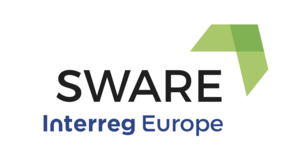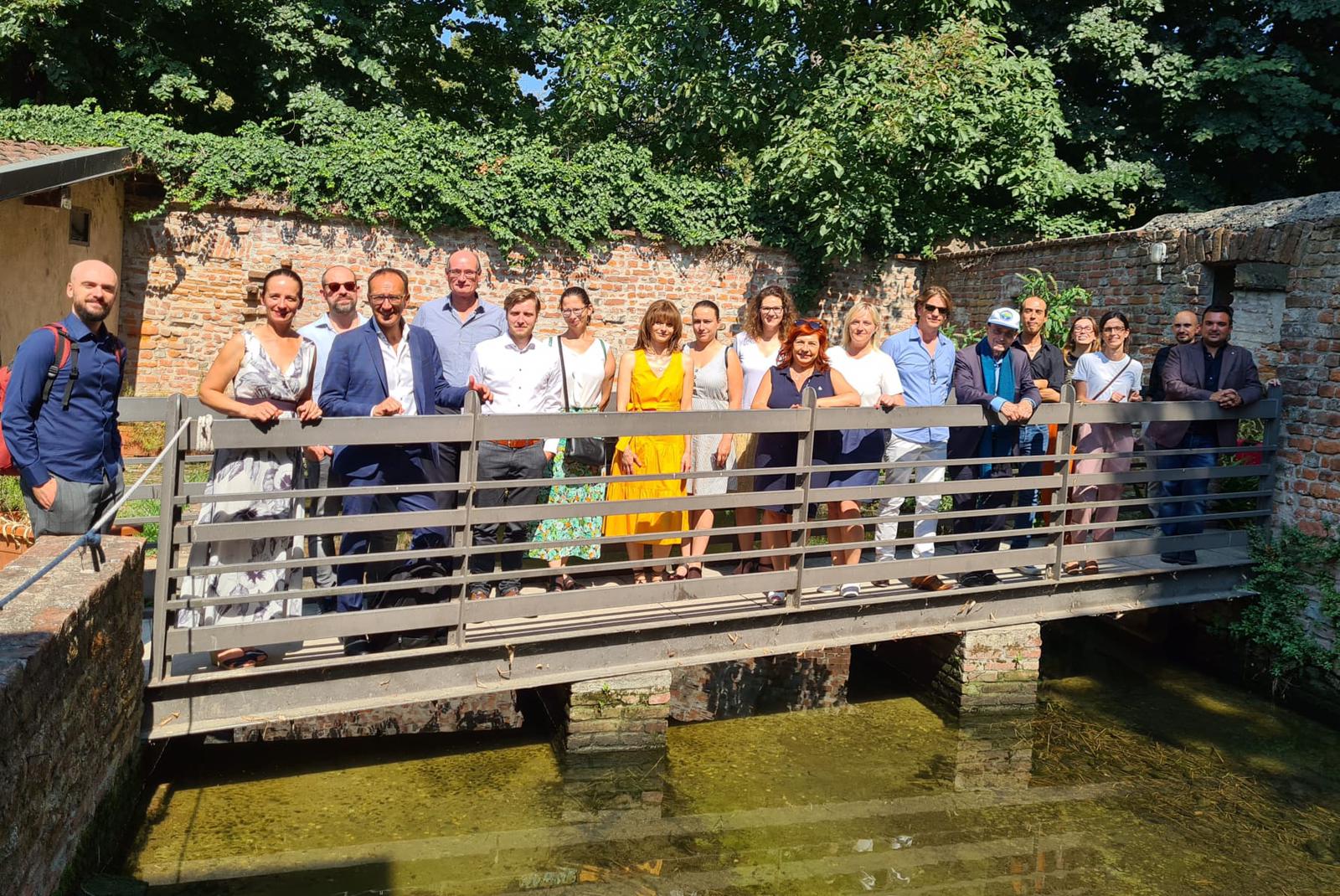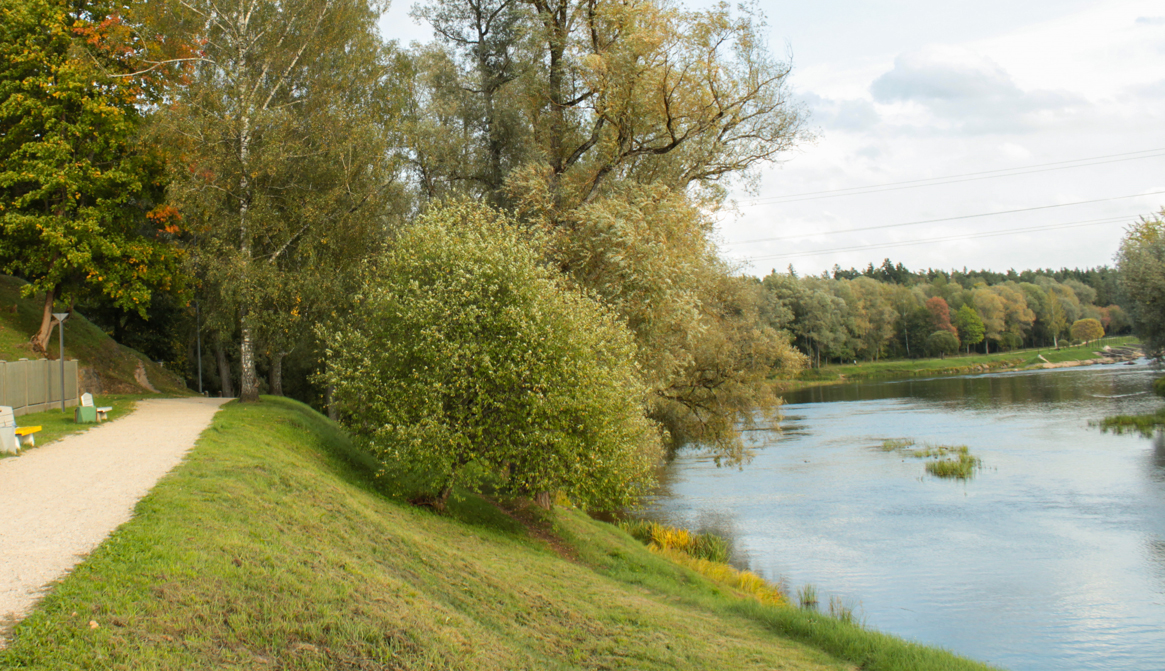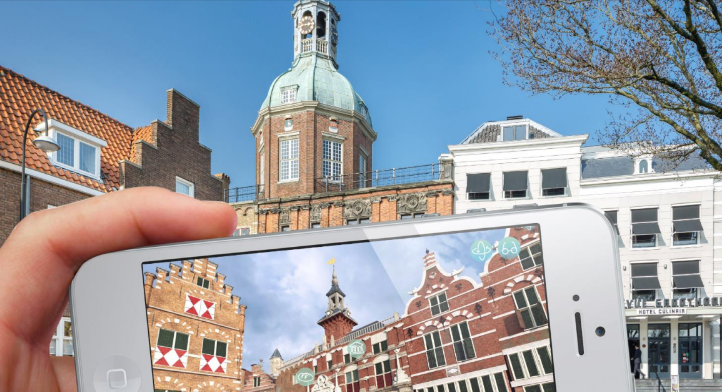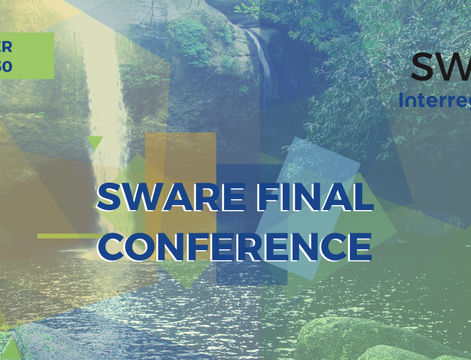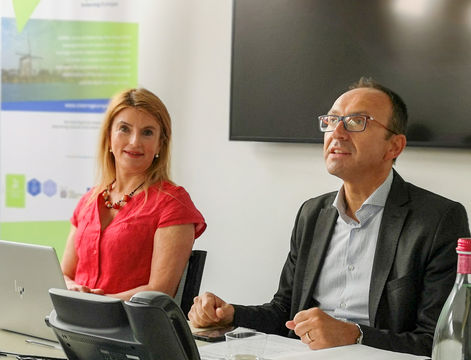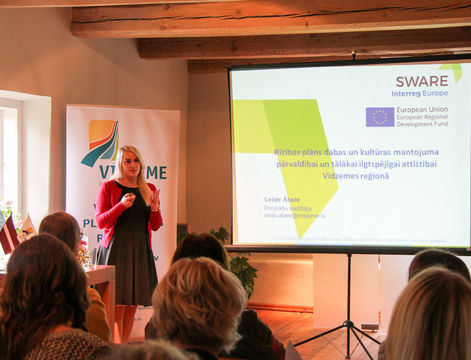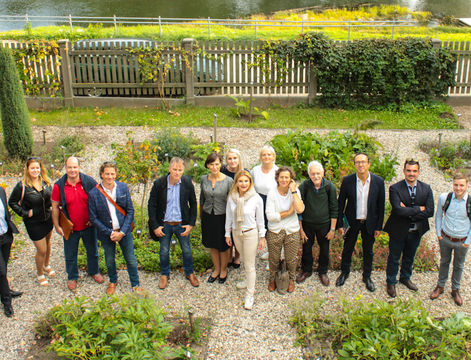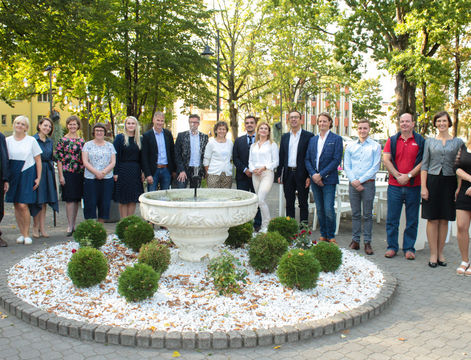In this stage project SWARE has come to the conclusions that we have shared challenges, we must be very precise in defining problems and solutions, we need commitment from the leaders and we need courage, convergence and capacity.

This year each partner region of SWARE is elaborating a regional action plan addressing the improvement of policy instruments related to natural and cultural heritage management along inland waterways. On 23–24 May 2018, project SWARE partners met for one of the last meetings before finalizing the elaboration with an aim to get inspired and inspire others, to exchange ideas and answer questions on how to build a good action plan. By the end of September 2018, the planning phase will be accomplished and the action phase will be taken up – the recommended actions will be enforced and partners will monitor the progress.
The main conclusion again was that we have the same challenges, which in comparison to the previous stage of the project have become more definite:
- How to coordinate all the actors?
- How to achieve dialogue between government institutions?
- How to achieve commitment of the people, of the electorate?
- How to involve the silent majority, the silent stakeholders?
- How to gain trust from the politicians towards the bottom-up approach? How to achieve that they listen to the people?
- How to attract financing and use IT solutions and open data for our purposes?
- How to provide interactive mapping of projects?
At the end of vivid discussions and group work partners acknowledged that at this point we have identified what we have and what we would like to have. Now, the task is to find solutions on how to fill the gap between the current and the required. Two keywords were brought up by the partners characterizing the action planning – challenge and welfare. Challenges that we share and challenge of finding solutions to improve the situation in each partner region. And welfare as the greater purpose of all the actions and as a benchmark for each initiative – whether it supports welfare or not. Within the drafting of policy instruments the policy makers should always keep in mind the welfare of the citizens.
It was also stressed that in addition to the regional action plans where each partner will give recommendations on the most appropriate region-specific solutions, we need an overarching document to EU institutions defining precise problems that we share. If five so different regions have very similar problems related to the management of natural and cultural heritage along inland waterways, then it is a reasonable ground for recommendations to tackle these issues also on EU level.
